Florida Governor Ron DeSantis recently experienced a significant defeat in his efforts to influence local school board elections.
He endorsed 23 candidates across the state, hoping to align local education policies with his conservative views. However, only six of these candidates won their races, casting doubt on his influence in these local matters.
Commentary on DeSantis’ Political Influence
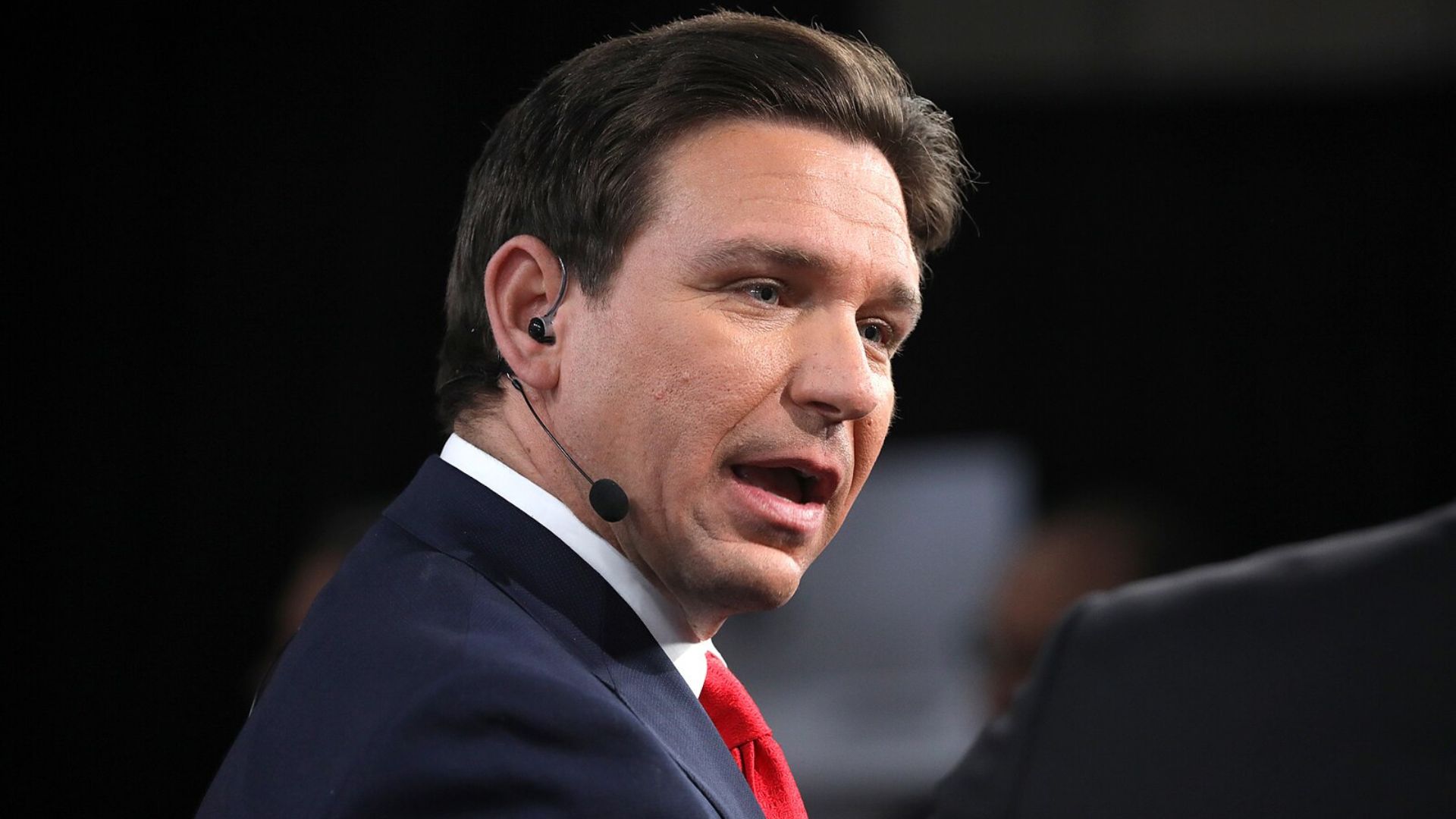
A columnist from The Florida Times-Union of Jacksonville noted the governor’s waning influence following the elections, stating, “DeSantis is out of juice.”
This comment reflects a broader perception that the governor’s political clout may be diminishing, particularly in suburban areas like Tampa where he expected better outcomes.
National Focus Shifts Away From Florida
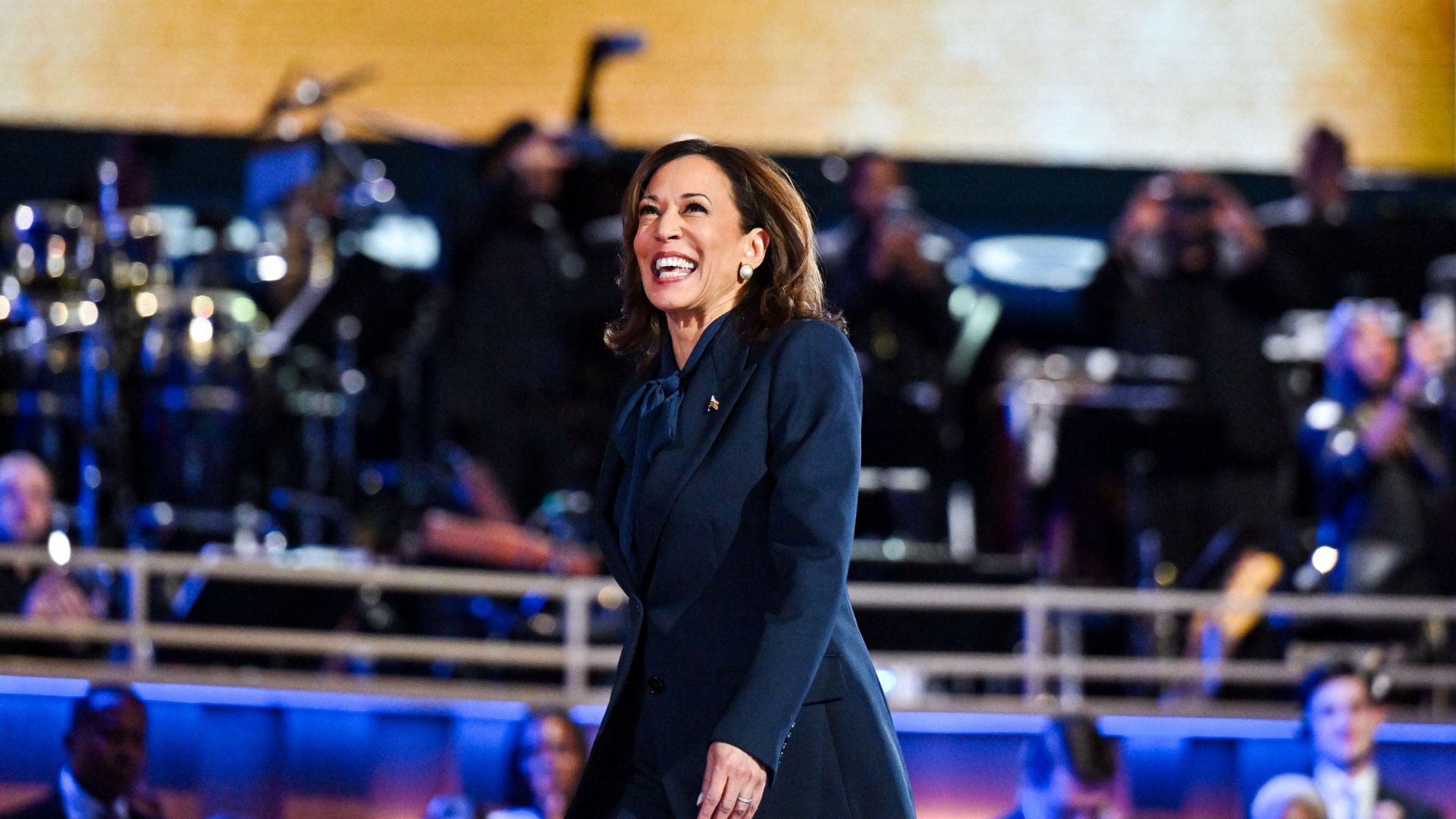
As significant political events unfolded in Chicago with Democrats nominating Vice President Kamala Harris for president, Florida’s local elections received less national attention.
Nevertheless, the results of these school board elections are telling of broader political sentiments, indicating a shift towards more pragmatic, moderate governance.
Shift Towards Moderation in Florida
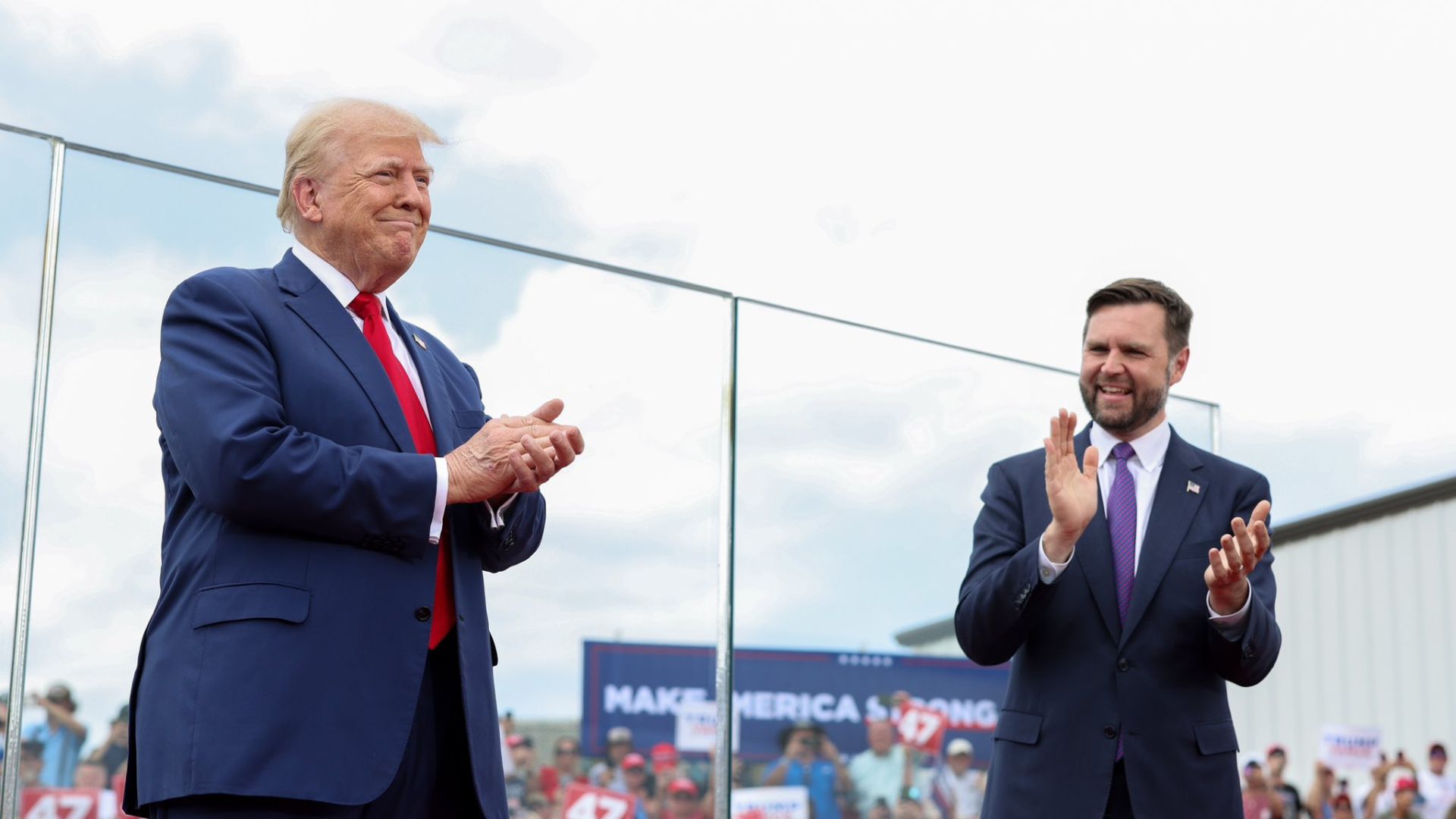
Reflecting on the election outcomes, one social media user remarked, “Florida wants moderates not MAGA.”
This sentiment seems to resonate beyond Florida as former President Donald Trump faces challenges in defining his political stance against Harris and experiences declining support in polls.
Decline in Endorsement Success
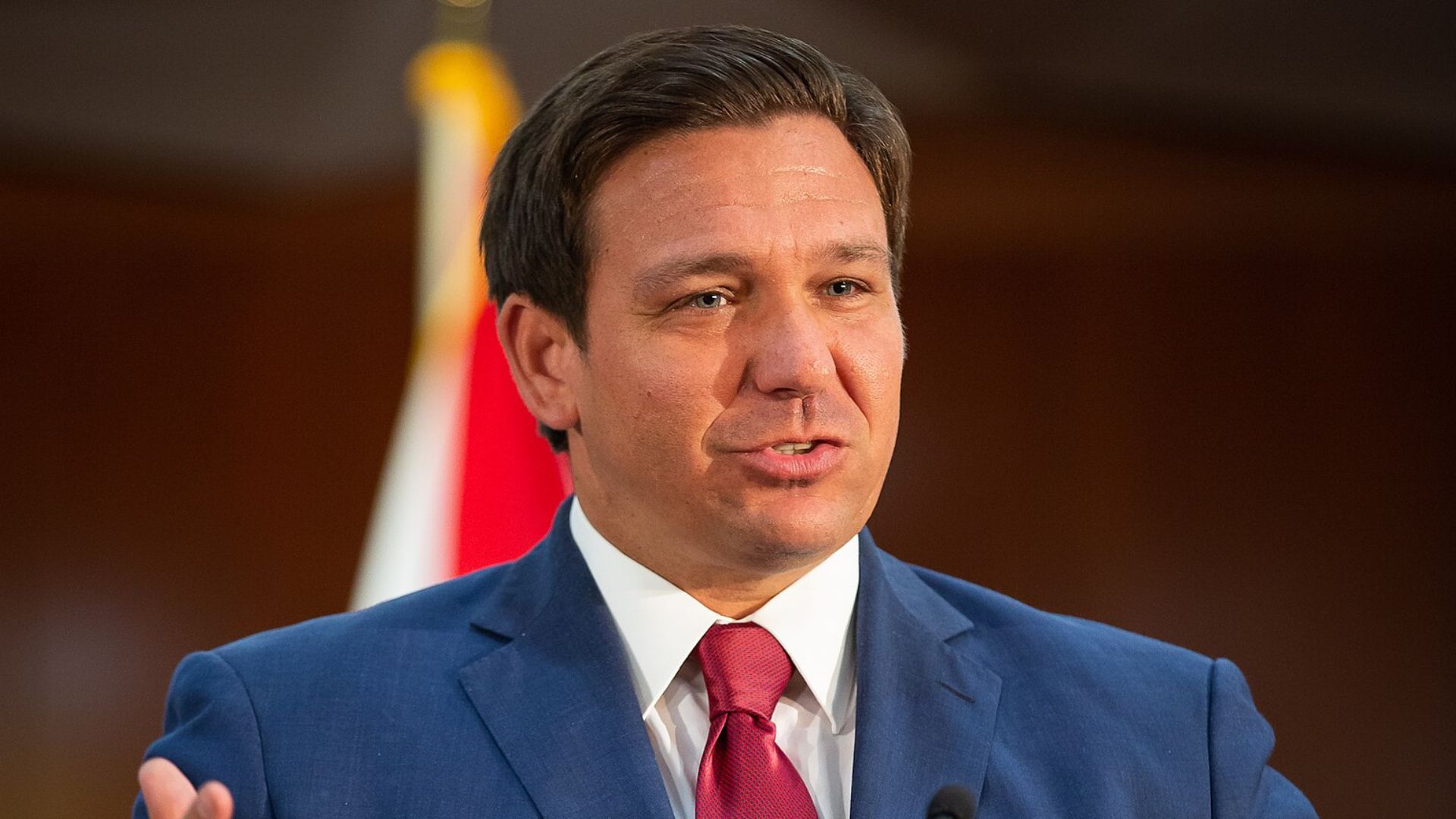
In contrast to previous years, the success rate of DeSantis’ endorsed school board candidates dropped significantly.
The Associated Press reported an 83% success rate in 2022, which plummeted to around 50% this election cycle, indicating a potential shift in voter preferences or the effectiveness of his endorsements.
Rationalizing the Election Results
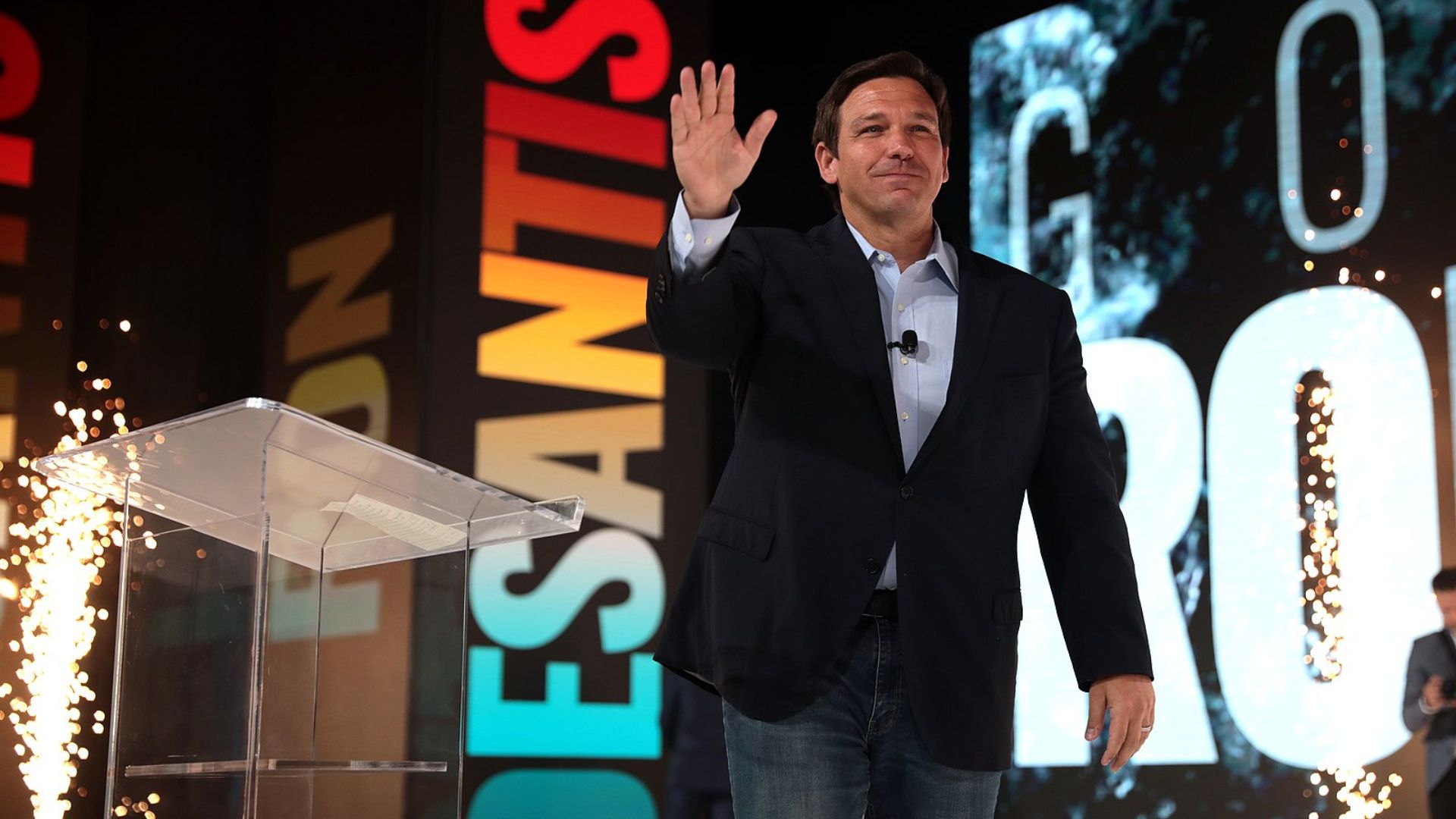
Supporters of DeSantis attributed the poor election results to what they term the “woke mind virus,” suggesting that ideological battles rather than candidate qualifications influenced the outcomes.
This perspective illustrates the polarized views on education that played out in regions like Pinellas and Hillsborough counties.
Post-Defeat Appointments Raise Eyebrows
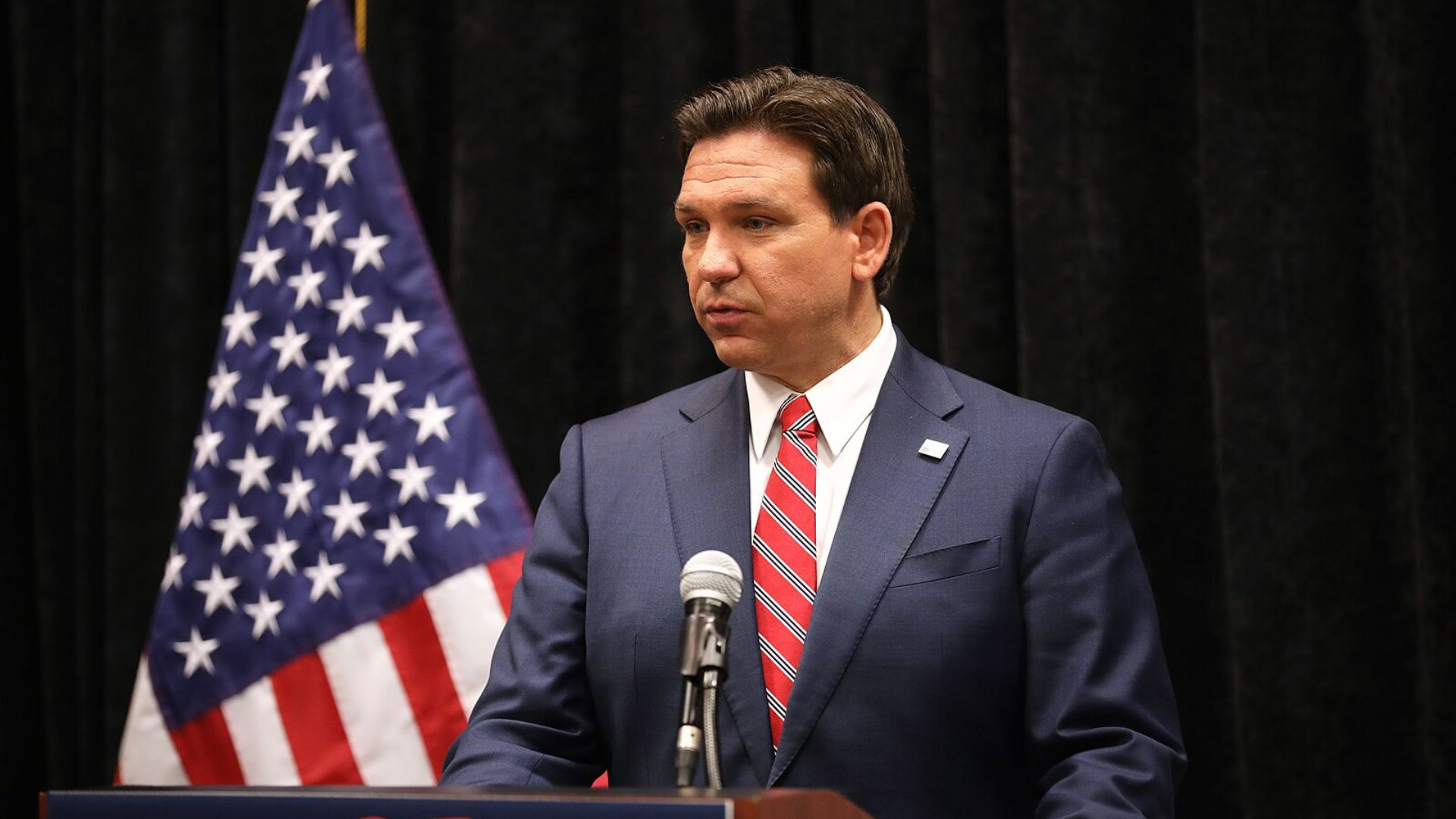
Despite the electoral losses, DeSantis appointed one of the unsuccessful candidates to the state Board of Education.
This move was seen as an attempt to maintain influence in educational policy, despite the clear voter mandate.
Controversial Educational Policies and Bans
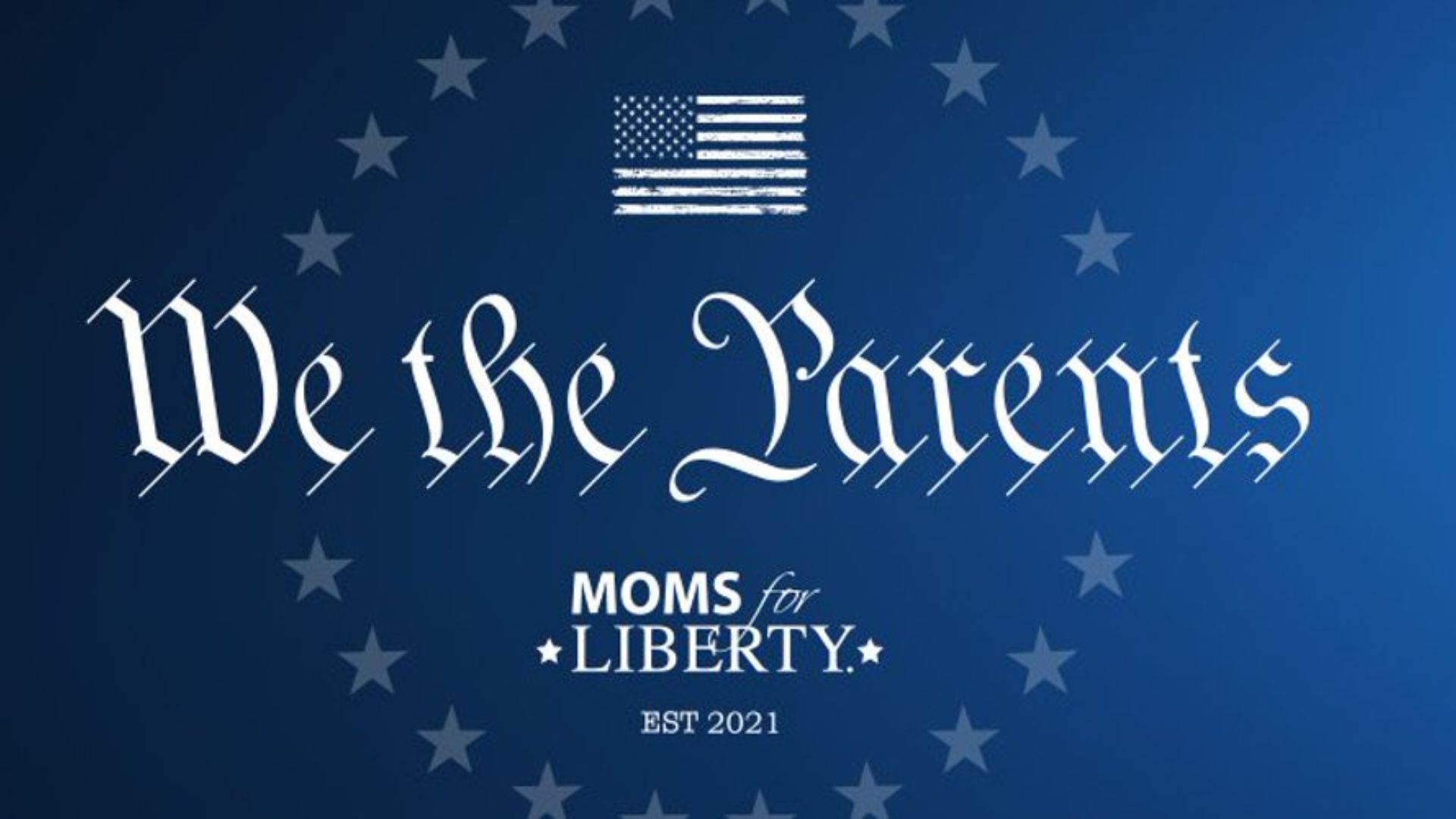
Moms for Liberty, supporting DeSantis-endorsed candidates, has been at the forefront of advocating for bans on certain books in schools, including an illustrated version of Anne Frank’s diary.
This aligns with a broader conservative agenda to reshape educational content, which has stirred significant controversy.
DeSantis’ Definition of “Freedom”

Governor DeSantis frequently frames his actions, including punitive measures against corporations and dismissal of elected officials, as fights for “freedom.”
This includes actions against Disney for their LGBTQ support and against prosecutors who oppose his stance on abortion, reflecting his specific interpretation of freedom.
Voter Pushback on Educational Oversight
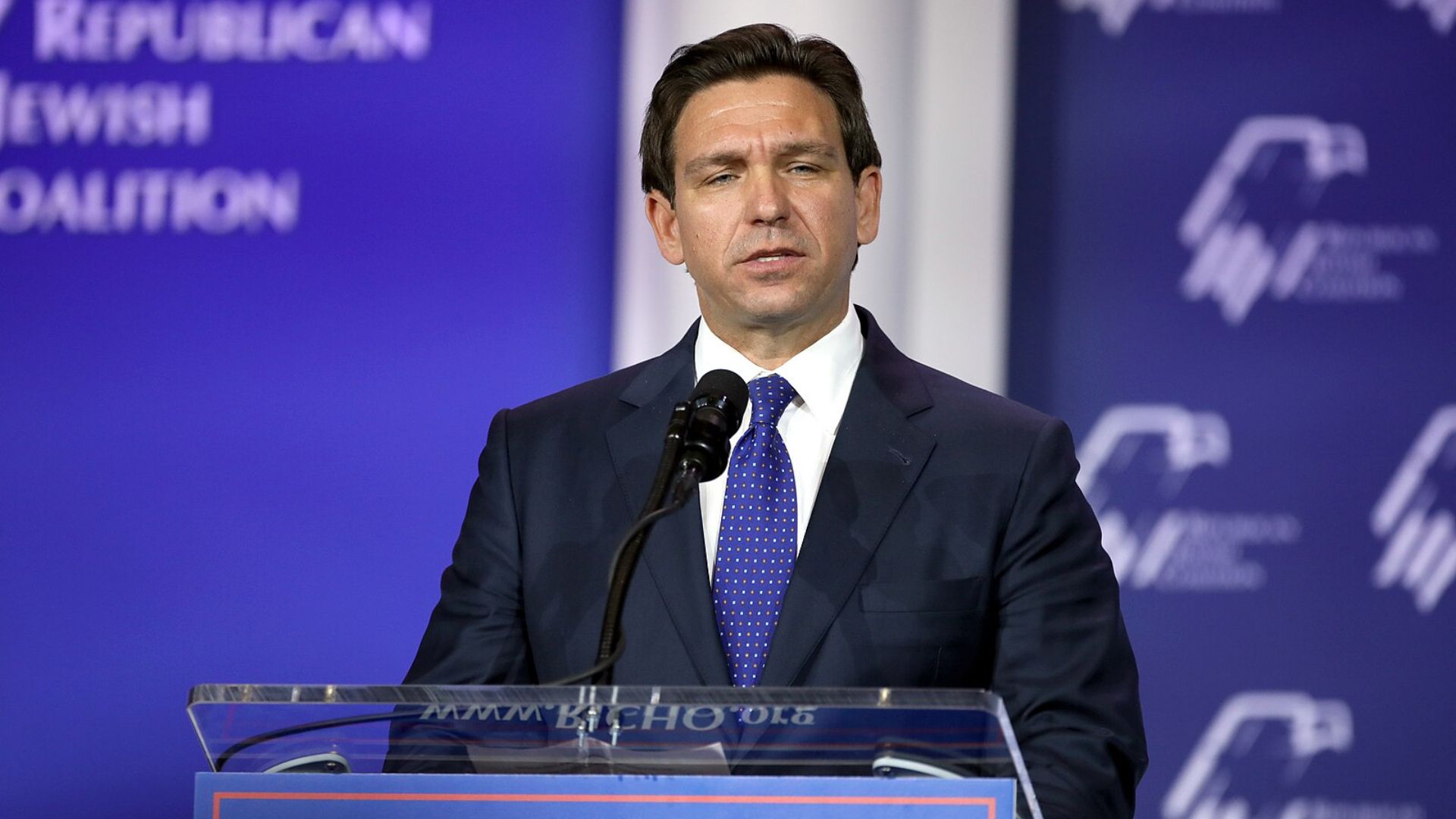
The election results suggest that Floridians prefer to select their local educators rather than have choices imposed by the governor.
This demonstrates a disconnect between DeSantis’ policies and the preferences of his constituents, who seek less interference in local educational matters.
Political Aspirations and Public Reactions
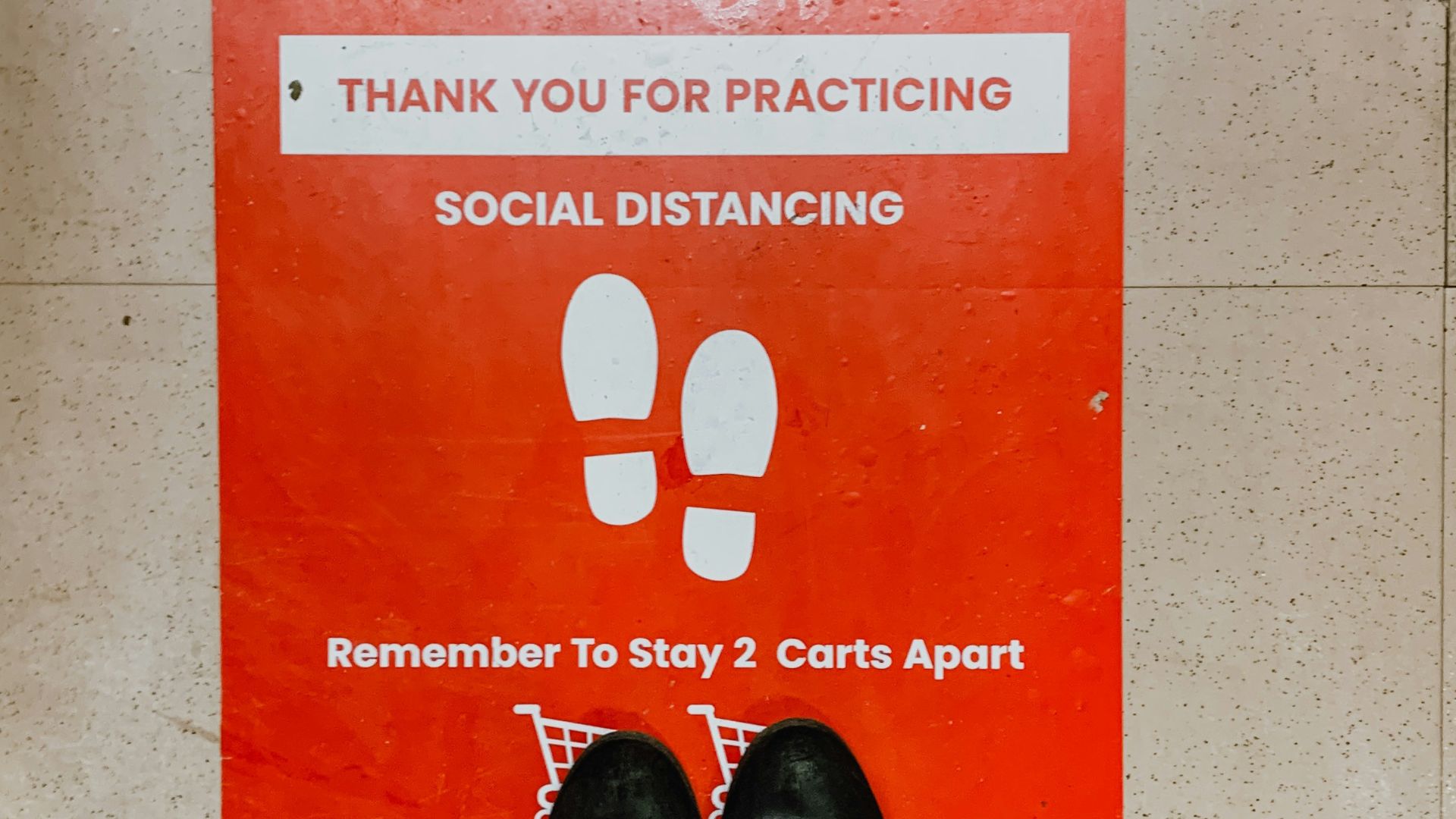
Initially gaining national attention for opposing strict COVID-19 measures, DeSantis’ move into the broader political arena has been fraught with challenges.
His presidential ambitions have not resonated as expected with the electorate, who seem to prefer a less confrontational and more pragmatic approach to governance.
Development Plans Meet Opposition

Governor DeSantis’ proposal to allow development in Florida parks was also met with strong bipartisan resistance, reflecting broader public opposition to his policies.
This reaction from the community and political observers alike suggests that many do not support his vision for Florida’s public spaces.
